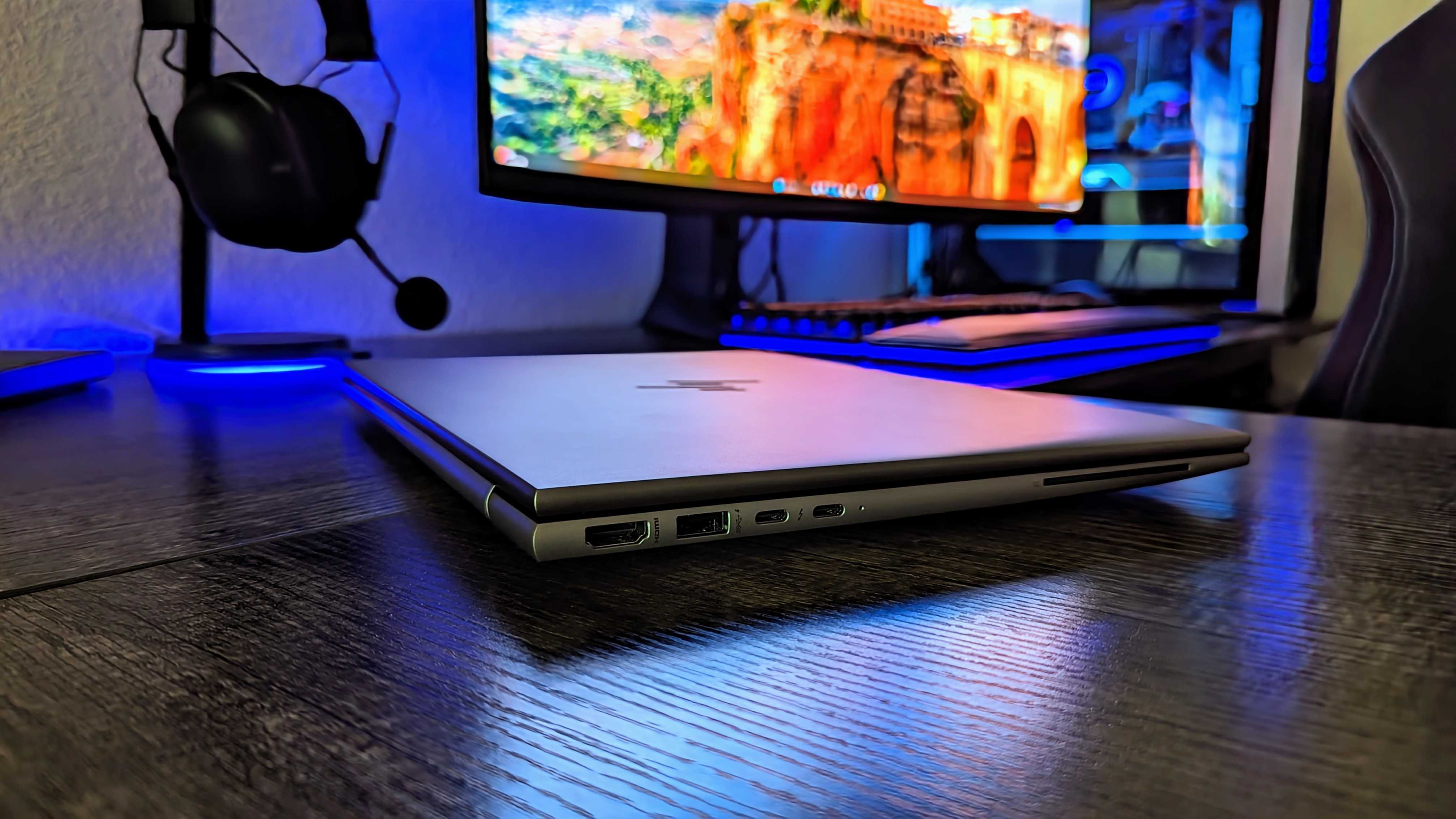HP is here to combat hallucinations and bias when making AI models
Z by HP AI Studio now integrates with Galileo's Luna, which is used to evaluate AI models.

What you need to know
- HP just announced an integration with its AI model development platform that helps developers detect and correct hallucinations, drift, and bias in AI models.
- The integration of Z by HP AI Studio with Galileo makes that AI development platform the first to integrate a trust framework, according to HP.
- HP also announced several PCs today that use NPUs to power AI apps and features that can run locally on the devices.
HP just announced a new integration for developing AI models. Z by HP AI Studio now integrates with Galileo's Luna, which helps detect bias and prevent hallucinations. HP highlights this as the first integration of a trust framework with a development platform for AI.
The integration centers around Galileo Luna, which Galileo unveiled in June 2024. Galileo prides itself on the low latency and "ultra low-cost evaluation" that can be performed through Luna.
"Allowing businesses to leverage their proprietary data without compromising security is critical for AI development, and Galileo is proud to join forces with HP to deliver solutions that add visibility, control, and trust to enterprise generative AI projects,” said Galileo Co-Founder and COO Yash Sheth. “By integrating our software and Luna Evaluation Foundation Models with Z by HP’s AI Studio, we are delivering unparalleled value for organizations seeking to responsibly harness the transformative power of AI.”
Z by HP AI Studio was announced earlier this year. It's a centralized data science platform designed to advance AI model development. Now, it integrates with a trust framework.
"AI is poised to be the most significant driver of change over the next decade, ushering in a new era of innovation driven not just by information, but actionable insights,” said HP President of Personal Systems Alex Cho. “HP is making AI real for companies with solutions like Z by HP AI Studio, for places and spaces with our latest hybrid work solutions, and for people with our first HP OmniBook Ultra.”
The integration of Galileo's Luna and Z by HP AI Studio should help developers create AI models that are more accurate while also protecting proprietary data.
New AI PCs

The new capabilities of Z by HP AI Studio are not the only AI announcements HP made today. The company also unveiled the OmniBook Ultra. That laptop runs on an AMD Ryzen 300 CPU and has 55 TOPS of NPU performance. It will also receive an update in the future to make it one of the first Copilot+ PCs to run on a non-Arm processor. HP's EliteBook Ultra G1q, which runs on a Snapdragon X processor, is the best Copilot+ PC for business users. Soon, HP will have an AMD-powered Copilot+ PC as well.
Get the Windows Central Newsletter
All the latest news, reviews, and guides for Windows and Xbox diehards.
HP also announced its OmniStudio X 27 and OmniStudio X 31.5. Those All-in-One PCs feature up to an Intel Core Ultra 7 processor with an optional NVIDIA GeForce RTX 4050. With those specs, the All-in-Ones should be able to handle AI-focused workloads. HP did not mention Copilot+ PCs when discussing the OmniStudio Al-in-Ones, so it appears that they will be AI PCs but not receive the Copilot+ PC update.

Sean Endicott is a tech journalist at Windows Central, specializing in Windows, Microsoft software, AI, and PCs. He's covered major launches, from Windows 10 and 11 to the rise of AI tools like ChatGPT. Sean's journey began with the Lumia 740, leading to strong ties with app developers. Outside writing, he coaches American football, utilizing Microsoft services to manage his team. He studied broadcast journalism at Nottingham Trent University and is active on X @SeanEndicott_ and Threads @sean_endicott_.

